Mispronouncing names = misunderstanding identities
To listen to this story, click on the box to the left.
Dear Reader,
My name is Akhila Gunturu.
That’s 13 letters total. Six and seven in English, three syllables each in Telugu.
A-khi-la. Gun-tu-ru.
If the first thing that comes to your mind while reading my name is that it is too difficult to pronounce or too strange, then here’s something that will rock your world: your name is probably extremely difficult to pronounce for someone halfway across the world. If you won’t change your name for their convenience, why should I?
I’ve always liked my name. It’s got a nice ring to it, it’s got a pretty cool meaning, and most importantly, it’s mine. I make my mark on the world with this name. I fail tests with this name. I ace tests with this name. I write columns with this name. It’s a byline I’m proud of.
When I started going to school, it became very apparent early on that my name would pose a problem. Since kindergarten, not a single teacher has pronounced my name correctly. You’re probably wondering this: why am I choosing to dramatically announce the proper pronunciation of my name instead of simply correcting my teachers?
Well, in seventh grade choir, the choir president would mispronounce my name as “Ankhila” every single day during attendance, and I would immediately correct her. She never said my name right the entire year, even after both my friends and I corrected her everyday.
In eighth grade, a substitute teacher stared straight at the roster and called me “tequila.”
At CHS9, I had a teacher ask me “Why do people like me feel the need to use every letter of the alphabet in my name?”
In sophomore year, one of my classmates decided to start actively correcting his teachers and peers when it came to pronouncing his name, and nobody believed the correct pronunciation until he called his mother and asked her to say it.
When substitute after substitute, teacher after teacher and student after student mispronounces your name, it’s exhausting to keep correcting people, even more so when the slight change is accompanied by a crude remark about your name. It didn’t help that my peers, many having South Asian names like myself, didn’t actively correct their teachers either. I stopped raising my hand to correct people in middle school. I knew they were referring to me anyway, so what was the point?
Accidentally mispronouncing someone’s name is perfectly fine. The problem arises when the mispronunciations are intentional, turning into name-based microaggressions, which can include “assignment of an unwanted nickname, assumptions and biases about an individual based on their name, and teasing from peers and educators due to cultural aspects of a name,” according to psychologist and professor Ranjana Srinivasan. These microaggressions were what discouraged me from correcting people when I was younger, though I didn’t know what they were called then.
“Akhila” originates from Sanskrit and means to be whole or complete. But I’m not whole or complete until I advocate for an integral part of my own identity. It’s not a one-sided struggle; we all have to make the effort and stand up for ourselves, and we have to make the effort to learn as well. I won’t be offended if you struggle with my name the first time you see it. If you’re confused, ask, practice, reach out and be respectful.
My name is 13 letters total. Six and seven in English, three syllables each in Telugu. It’s me. It’s my identity. It’s my name.
Put some respect on it.
Sincerely,
A̶n̶k̶h̶i̶l̶a̶ ̶T̶e̶q̶u̶i̶l̶a̶ ̶A̶w̶h̶i̶l̶e̶ ̶A̶c̶k̶ ̶A̶k̶i̶l̶l̶e̶r̶ ̶A̶a̶c̶k̶i̶l̶a̶ Akhila
Follow Akhila (@akhila_gunturu) and @CHSCampusNews on Twitter.
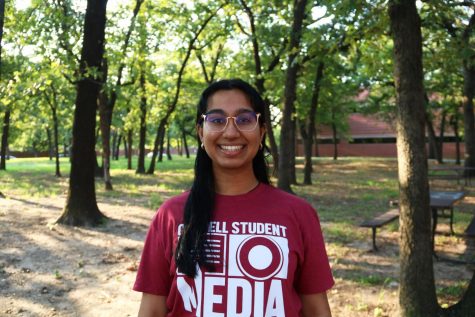
Akhila is a senior and the Executive News Editor for The Sidekick. She is part of the IB Diploma Programme at CHS and when she isn't doing schoolwork,...
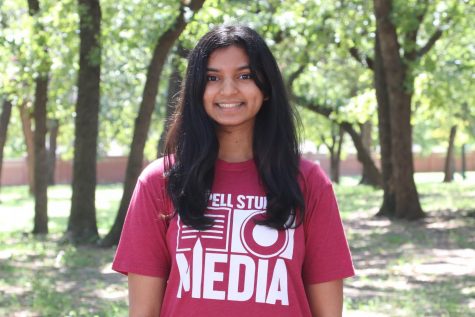
Sreeja Mudumby is a senior and the executive editorial page editor for the Sidekick. Sreeja is primarily a writer, and this is her third year on the Sidekick...




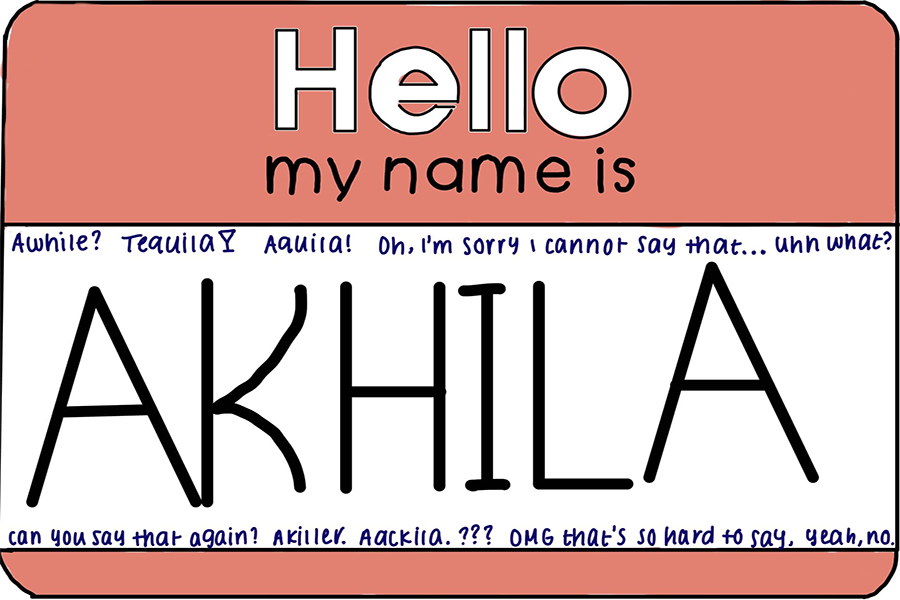
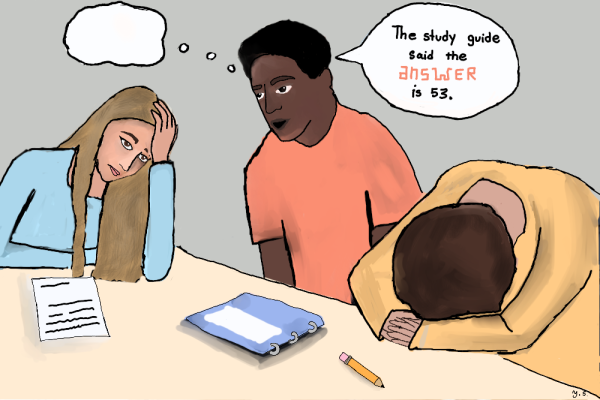

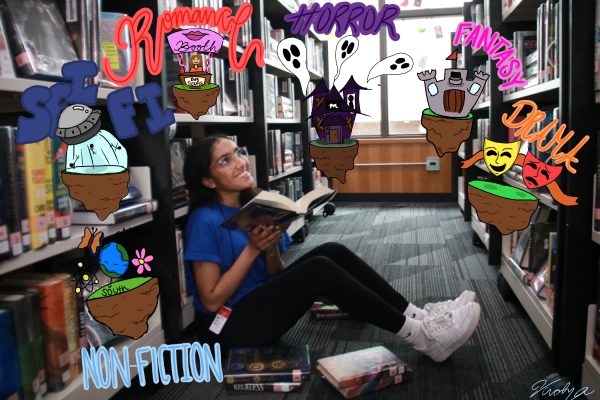

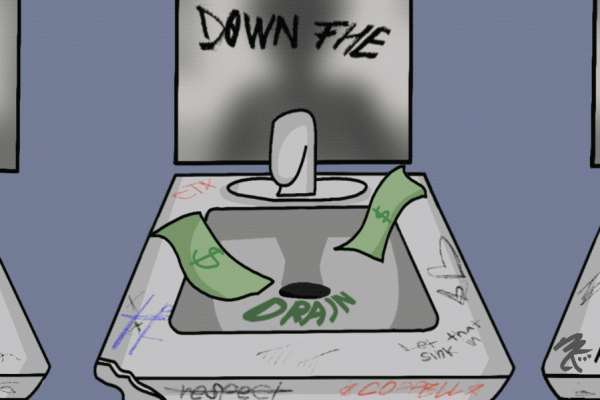
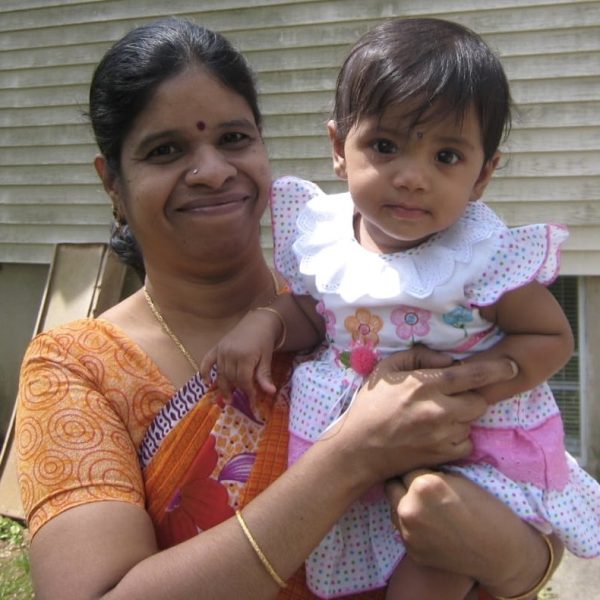



Shivi Sharma • May 13, 2021 at 9:00 pm
This column is incredibly well done! From the graphics, to the audio element, to the letter format and the way it flows so well with all the anecdotes. Great job Akhila! You are SO talented.
Akhila Gunturu • May 15, 2021 at 12:09 pm
Aw thank you so much, Shivi! <3